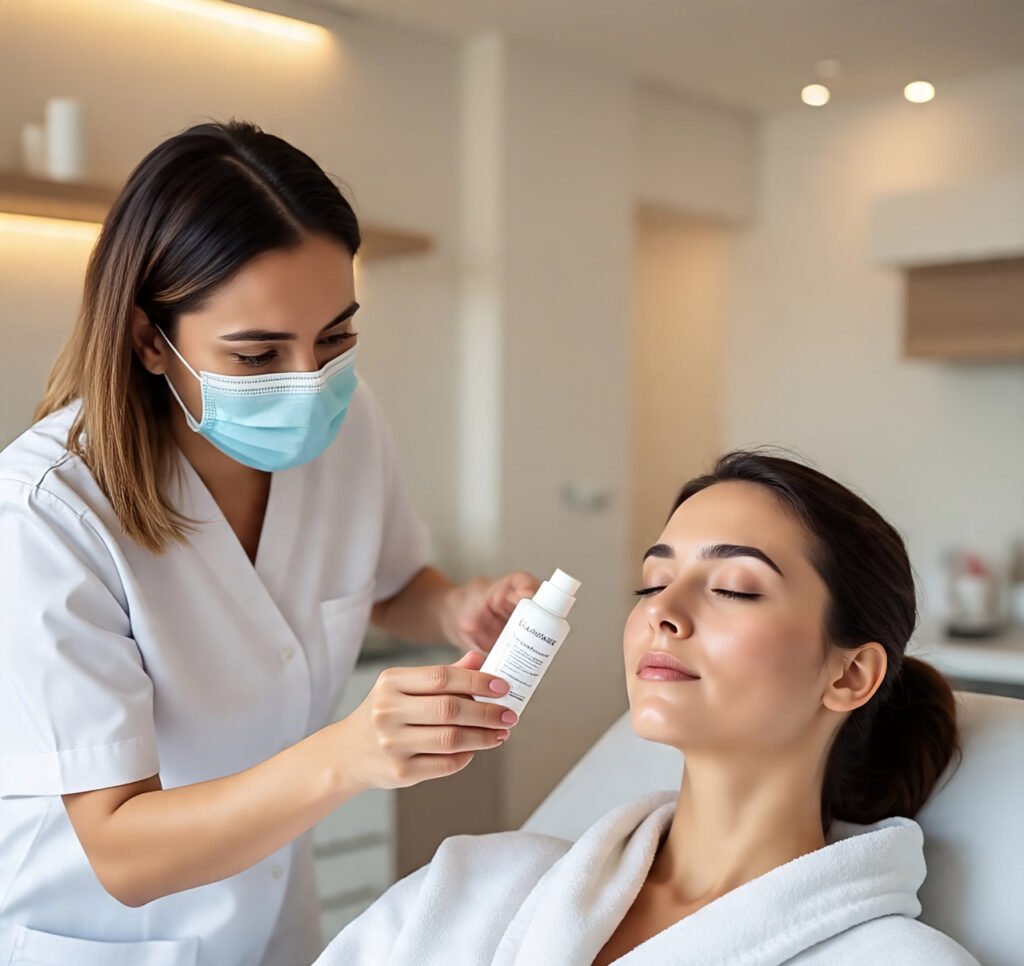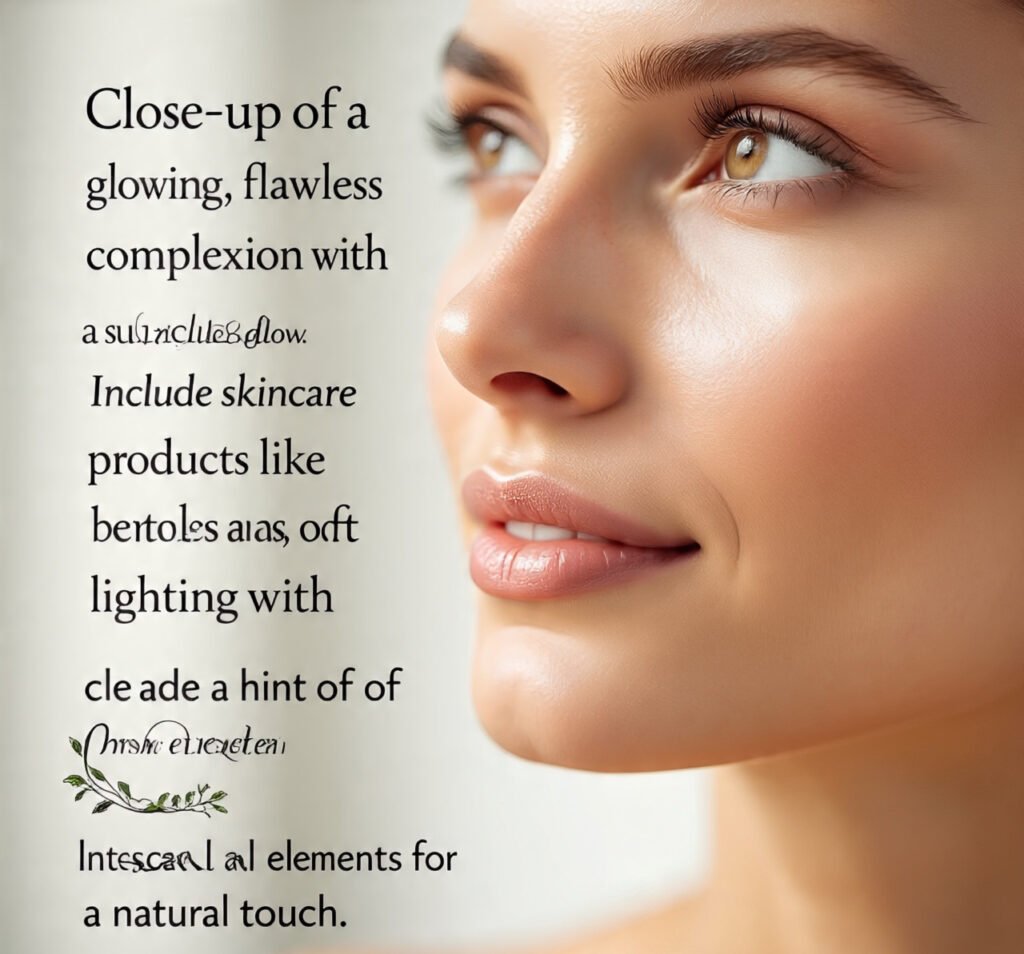Wondering if glutathione is safe for skin lightening? Hear what dermatologists have to say before you try it.
Introduction
If you’ve scrolled through Instagram or beauty forums lately, you’ve probably seen glowing skin transformations credited to glutathione. Often dubbed the “master antioxidant,” glutathione has taken the beauty world by storm, particularly in Asia and among those seeking skin lightening or brightening solutions. But here’s the big question: Is glutathione actually safe for skin lightening?
Let’s explore what dermatologists and skincare experts are saying—and what you need to know before hopping on the glutathione train.
What is Glutathione?
Glutathione is a naturally occurring antioxidant produced by the liver. It helps detoxify the body, reduce oxidative stress, and support a healthy immune system. In the beauty industry, glutathione has gained fame for its alleged ability to lighten skin tone and even out pigmentation.
It works by inhibiting melanin production, the pigment responsible for your skin color. Over time, this may lead to a brighter, more radiant complexion.

What Dermatologists Say
According to several board-certified dermatologists, topical and oral glutathione may have some skin brightening benefits, but there are important caveats:
Potential Benefits:
- Antioxidant Protection: Glutathione combats free radicals, which can help reduce signs of aging.
- Skin Brightening: Some clinical studies show mild to moderate lightening of hyperpigmentation after consistent use.
- Even Skin Tone: Helps manage melasma, dark spots, and post-acne marks.
Risks and Limitations:
- Limited Scientific Evidence: Long-term effects and efficacy of glutathione supplements are still being researched.
- Unknown Dosage Thresholds: The ideal dose for skin lightening isn’t well established.
- Injections May Be Risky: IV glutathione is popular in some countries, but not approved or recommended by many medical boards due to potential complications (like kidney or liver issues).
Types of Glutathione Products for Skin Lightening
Here’s a breakdown of common forms:
| Type | Description | Safety |
|---|---|---|
| Oral Supplements | Pills or capsules taken daily | Generally safe in low doses |
| Topical Creams | Combined with Vitamin C or Kojic Acid | Mild effect, safe with patch test |
| IV Injections | Direct bloodstream infusion | Not FDA-approved, risky |
| Sublingual Tablets | Dissolves under the tongue | Better absorption than pills |
Tip: Always consult a doctor before starting any supplement, especially for aesthetic use.
Natural Ways to Boost Skin Glow (Without Risk)
If you’re worried about the safety of glutathione or just want to go the natural route, here are derm-approved alternatives:
- Vitamin C + E Serum for brightening and antioxidant support
- Niacinamide for reducing pigmentation
- Sunscreen (SPF 30+) to prevent further darkening
- Hydration + Balanced Diet rich in leafy greens, berries, and nuts
Scientific Evidence: What Studies Reveal
A 2017 study published in the Journal of Clinical and Aesthetic Dermatology found that oral glutathione may result in mild skin lightening after 4 weeks, but results were inconsistent across participants.
Meanwhile, the World Health Organization (WHO) and FDA have not endorsed glutathione for cosmetic skin lightening, citing lack of data and potential risks of injections.
Disclaimer:
This blog is intended for informational and educational purposes only. The views expressed are personal opinions or general insights, not professional or legal advice. Readers should do their own research or consult relevant professionals before taking action based on this content.
#GlutathioneSkinLightening #DermatologistAdvice #Carrerbook #Anslation #SkinWhiteningMyths #SafeSkincare #BrightSkinNaturally #BeautyScience #GlutathioneFacts #SkinCareTips #HyperpigmentationHelp #AntioxidantGlow #CleanBeautyIndia #GlutathioneSupplements #GlowingSkinJourney #SkinBrighteningTips #MelaninManagement


